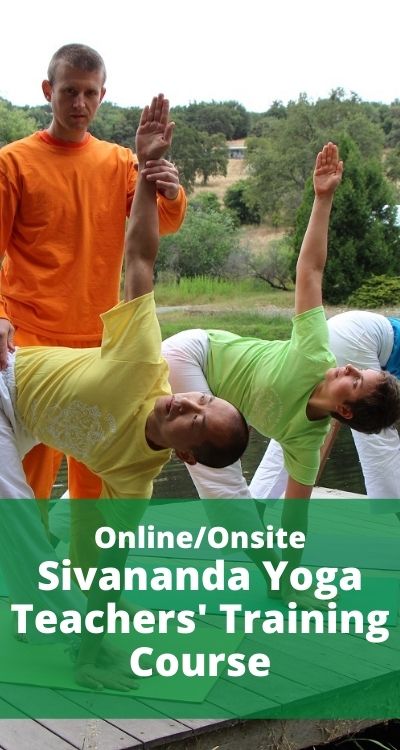The essentials of Vedanta philosophy are based on the understanding of the way we see ourselves and our world. This understanding will guide us to know what to do to alleviate ourselves from our suffering which comes from mistakes in our way of seeing. This will help us eventually to realize our blissful true nature.
Our habitual way of seeing the world under our likes and dislikes:
We normally see our world and ourselves with our own eyes, i.e. the eyes of our mind. The way we interact with this world is through our likes and dislikes, based on past experiences. Our objective world is split in two, one side what we like and the other side what we do not like. Constant reactions to what we like and do not like constitute our life and the perpetuation of our suffering.
When we see a buffet of food, that is how we feel: “I like this food, I don’t like this one, I like this dish, I don’t like this one.” You meet with somebody, and immediately you think: “I like this about her, I don’t like this about her”. You see people and you say: I like this person, I don’t like this person. Then you go to places, and again: “I like the ocean, I don’t like the mountains” or “I like this tree, I don’t like this tree.” That is how our mind works. If it looks at anything always there is an idea, I like it, I don’t like it. In Vietnam, there is a fruit called durian. This fruit creates such a reaction in people, not only the foreigners but also the locals. They hate it or they really crave it. When they hate it, they cannot come close and smell it , they don’t want to see it. They put signs in taxis that says “no durian here” . The airlines put up signs that say no durian accepted on board. Family members put your durian outside, if you eat durian, don’t come in the house. Then you have the other kind that is the durian addict,” OOOOH durian, I want durian !!!!! Durian! I dream of durian, I want durian!!!! ” You see the reaction.
In the same manner with food, we have the same swing between likes and dislikes towards people and towards life circumstances. You spend time dreaming about places that you would love to be. Then you hate another place and you are miserable. You suffer in the company of some people. On the other hand, you are crazily attached to the company of other people.
Upon analysis, when one goes deeper and tries to understand the reasons of the likes and dislikes, then we find out that these grooves depend on the experiences stored up in the mind.
Any experience or thought in the mind when repeated over time will become a deeper groove and become familiar, thus creating an impression, a memory of like or dislike. The mind is formed with remembrances of repeated past impressions and it is automatic and repetitive.
We identify with our likes and dislikes
When the past groove in the mind is deep, then you like it and you say, “It is me.” For example, I ate rice 3 times a day in Vietnam for 20 years, so I like rice! I am called Rice Body, Rice Swami, Rice-ananda. I like rice. Someone else will be Pizza-ananda, Pancake-ananda, the bliss that comes from pizza and pancakes. It is like this, do you see? It took me a long time to phase myself out of rice, and now I am “Quinoa-ananda”.
The problem is when we identify with our likes and dislikes, we miss out on a lot of things and we think limitedly about ourselves, “this is me.” I thought rice is me!
A helpful way of seeing or interpreting our reality can be developed:
Instead of seeing the world under the eyes of “I like it” or “I dislike it”, Yoga philosophy and Vedanta gives us the framework for seeing the world through the eyes of the 3 gunas, or qualities of nature; tamas, rajas and sattva.
This will help us to understand:
1. Why we see the way we see; in other words, what is the reason of our suffering.
2. What to do to see it differently. How to change our perception of ourselves and our reality.
3. Eventually be free from suffering, attaining to a vision of oneness beyond duality, frustrations, fears and grievances.
To learn more about Vedanta philosophy, and how the mind works; register for:
© Swami Sitaramananda 2014 No part of this article may be reproduced in any form without the written permission of the author.



